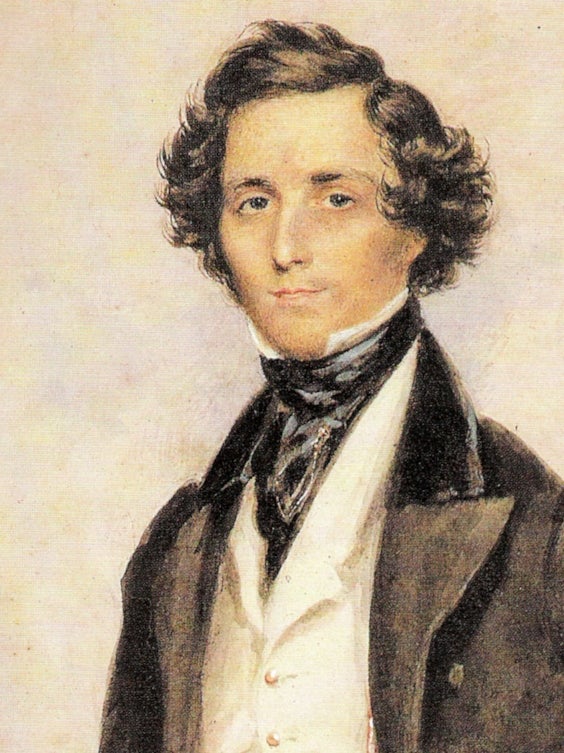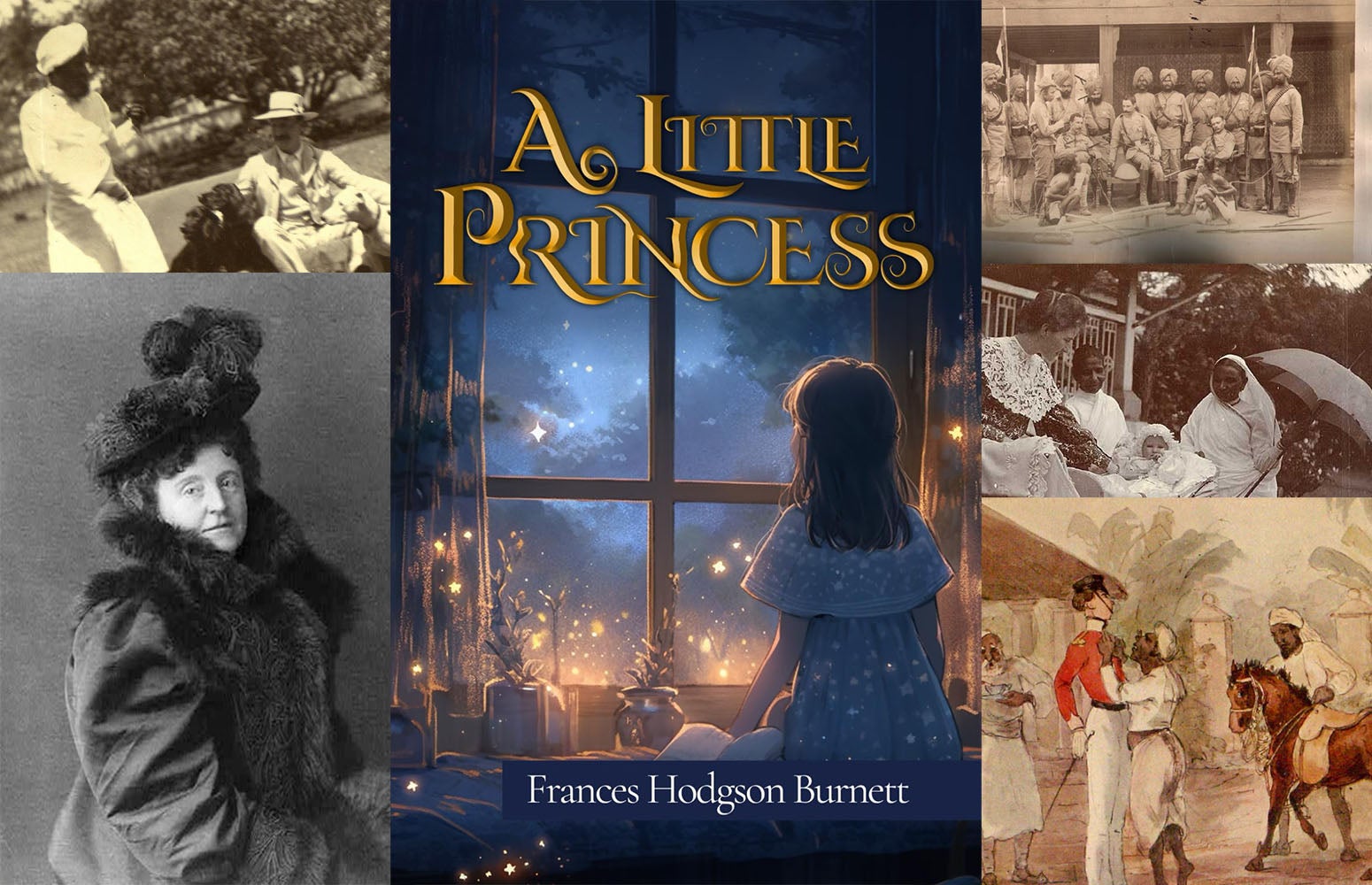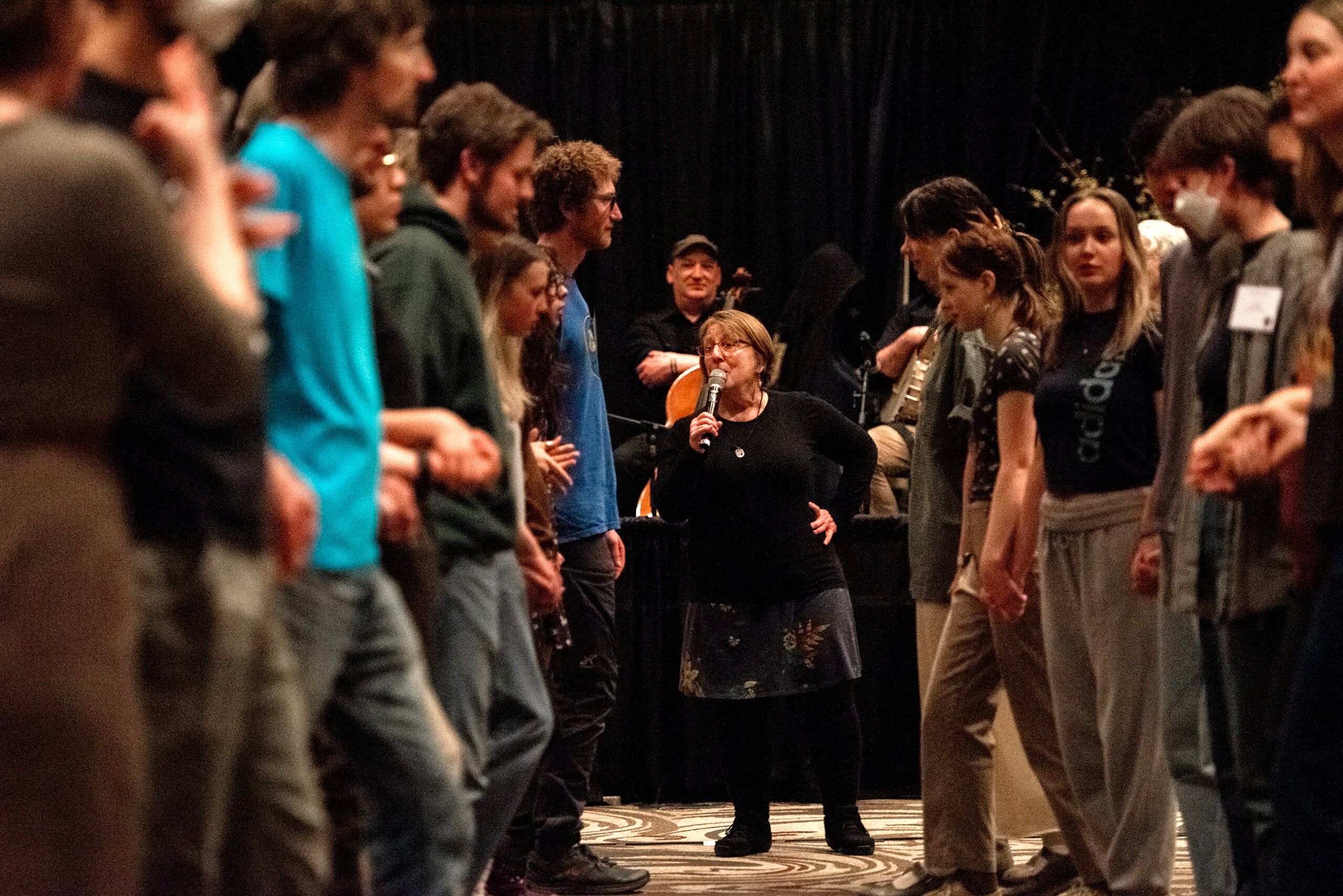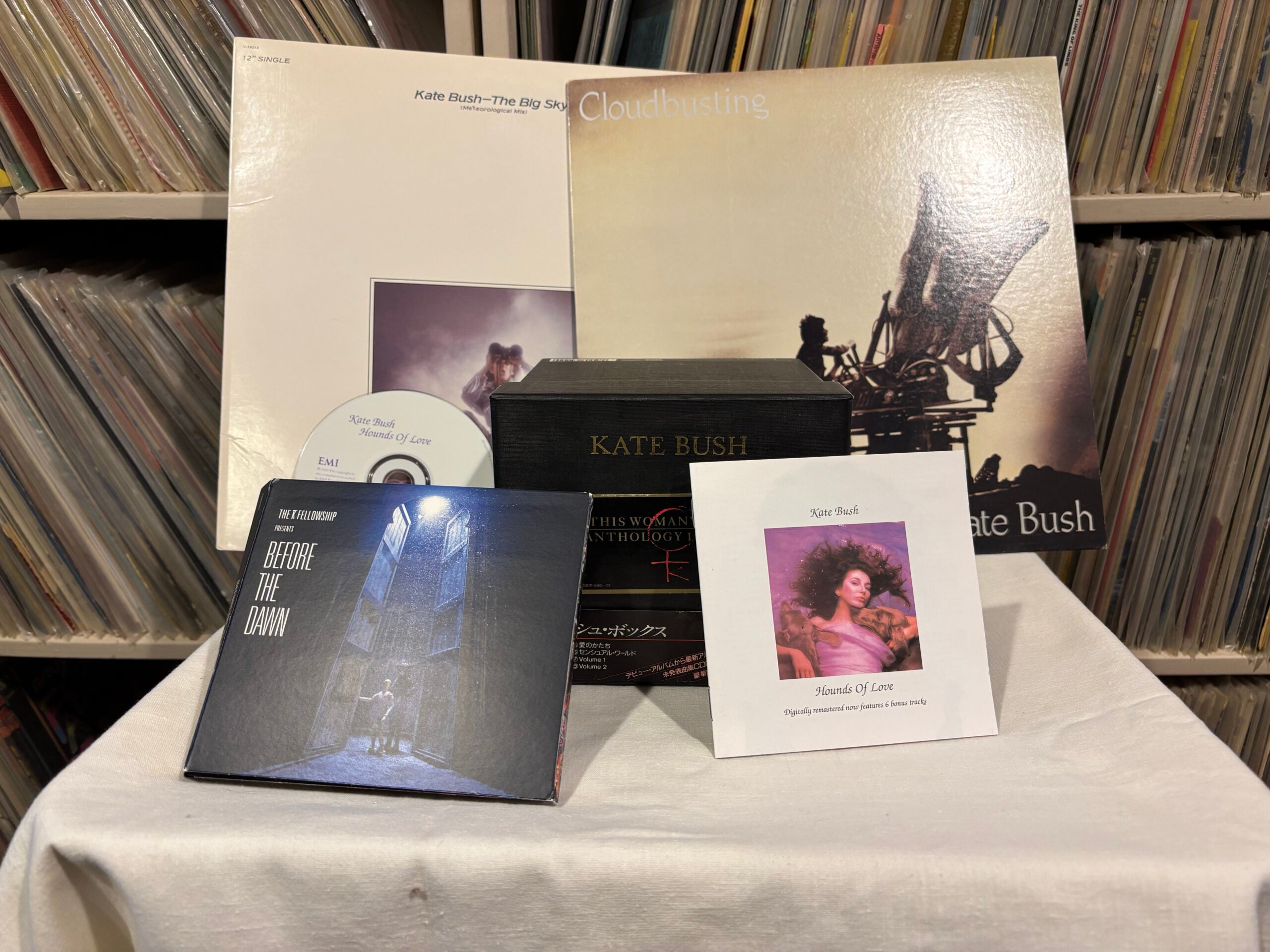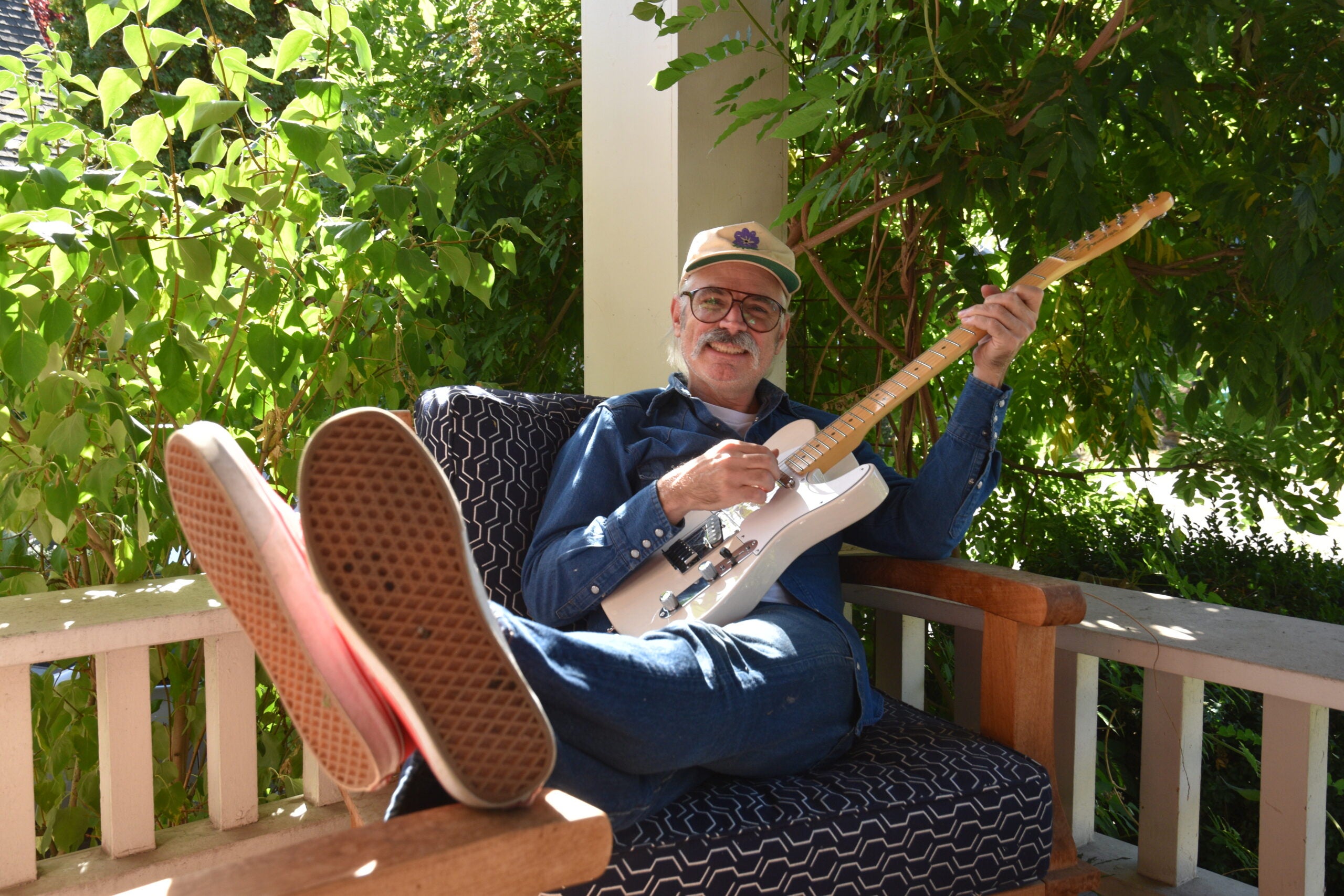One 19th century masterpiece brilliantly expresses the English character even though it was written before the composer had ever been to England.
As a boy, Felix Mendelssohn experienced the English personality through the plays of Shakespeare. Using the latest German translations, his family often acted them out for their own entertainment. So it was natural for Mendelssohn, at seventeen, to write his overture A Midsummer Night’s Dream. Sixteen years later–in 1842–after he had traveled in England–Mendelssohn encountered another fervent admirer of Shakespeare–the King of Prussia. With an enthusiasm not to be denied, the King demanded that Mendelssohn write incidental music to four plays–including Shakespeare’s The Tempest and A Midsummer Night’s Dream. With unwavering style, Mendelssohn returned to Shakespeare’s play of magic and star-crossed lovers and wrote complete incidental music for an 1843 performance in Postdam.
Most popular of all his incidental music was the Wedding March that sets the scene for the beginning of Act 5. When that final Act opens, the Duke of Athens and the Queen of the Amazon have married and everyone assembles for the festivities.
News with a little more humanity
WPR’s “Wisconsin Today” newsletter keeps you connected to the state you love without feeling overwhelmed. No paywall. No agenda. No corporate filter.
Mendelssohn’s wedding march turned out to be more effective than anyone could have imagined, largely because of a single event: On January 25th, 1858 in London, the march was perfect for an event that was both English and German–the marriage of Queen Victoria’s eldest child to the Crown Prince of Prussia. Victoria, Princess Royal and the prince–who would later become Frederick the Third–were the first to have an organist perform the march at their wedding. To this day, the Wedding March from A Midsummer Night’s Dream is the music most often heard at weddings.
Once again, Felix Mendelssohn’s inventiveness had triumphed. The composer who had captured the English character so well before setting foot in England, had expressed the joy of weddings although he never married.
Wisconsin Public Radio, © Copyright 2025, Board of Regents of the University of Wisconsin System and Wisconsin Educational Communications Board.

